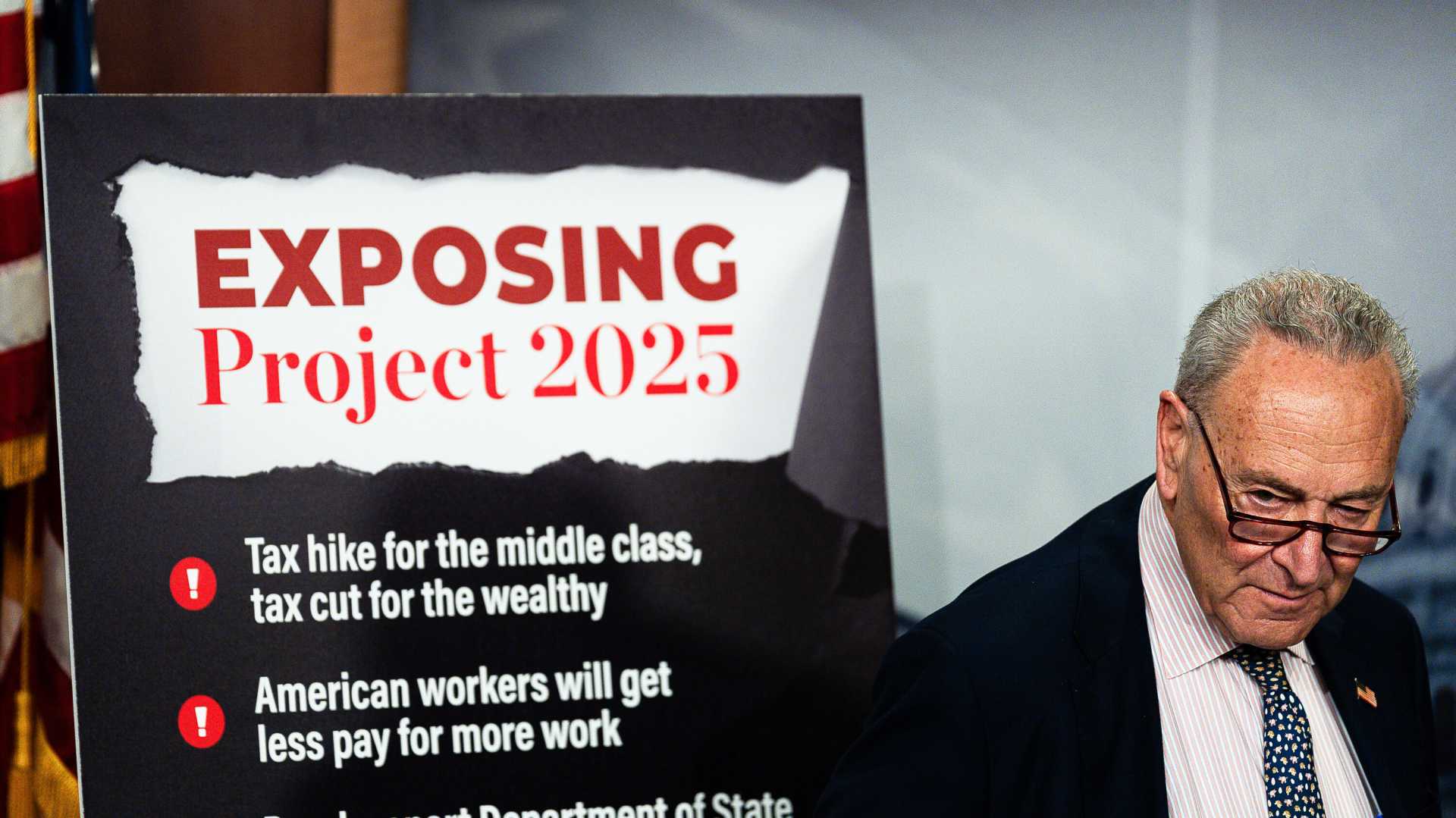Politics
Trump’s Project 2025: A Blueprint for Transforming Federal Power

WASHINGTON, D.C. — Former President Donald Trump’s Project 2025 has resurfaced as a significant force in shaping his agenda for a potential second term in the White House. This 900-page policy proposal, originally developed by the Heritage Foundation, outlines a conservative vision aimed at expanding presidential authority and reshaping key government functions.
Despite Trump’s previous disavowal of the project during his 2024 campaign, he has since nominated several authors of Project 2025 to critical government roles, signaling a possible alignment with these ultra-conservative ideas. The document defines a framework of governance that is not only ambitious but also contentious, given its proposals for sweeping changes within federal institutions.
“Project 2025 articulates a vision that seeks to restore the family as the centerpiece of American life, dismantle what it refers to as the ‘administrative state,’ and secure individual rights as defined by a conservative ideology,” said Paul Dans, a leading figure behind the project.
Unveiled in April 2023, the latest recommendations gained traction as Trump’s campaign intensified. The Heritage Foundation, a prominent right-wing think tank, has traditionally provided policy recommendations to Republican administrations since its inception in 1981.
While the document went largely unnoticed initially, it faced significant pushback from Democrats, who established a “Stop Project 2025 Task Force” in response. High-profile figures, including the Harris campaign, have since spotlighted it, claiming it poses a risk to democratic norms.
Trump, who publicly distanced himself from some of the project’s more extreme suggestions as recently as July 2024, stated, “I know nothing about Project 2025… I disagree with some of the things they’re saying and some of the things they’re saying are absolutely ridiculous.” Regardless, key figures such as Russell Vought, once described by Senator Chuck Schumer as the “chief architect” of Project 2025, have secured pivotal government positions.
Among the project’s controversial recommendations is its call for the complete control of federal bureaucracies under presidential authority—a concept known as “unitary executive theory.” This framework could streamline federal decision-making but raises ethical concerns about undermining the independence of judicial and law enforcement agencies.
Project 2025 also targets the Department of Education for elimination and proposes reforms for agencies such as the FBI, which it labels as “bloated” and “lawless.” Trump’s administration has already initiated measures to reduce job protections for federal workers, aligning with these recommendations.
On social issues, Project 2025 advocates for significant restrictions on abortion, including the cessation of the abortion pill mifepristone and monitoring the definitions of marriage and family through a religious lens. While Trump has suggested individual states should regulate abortion, he has directed his health secretary to investigate mifepristone’s safety record.
The document further emphasizes immigration enforcement, advocating for a merger of multiple agencies under a unified structure to bolster border security, diverging from the comprehensive plans that characterized Trump’s previous campaign promises.
In terms of energy policy, Project 2025 mirrors Trump’s “Drill, baby, drill” philosophy, favoring an increase in fossil fuel production and a reduction in research funding for renewable energy initiatives. The think tank’s economists urge slashing taxation and considering a potential return to a gold-backed currency.
Additionally, Trump has made strides to eliminate diversity and equity programs, aligning with Project 2025’s critique of “woke” culture, while proposing public funding for private and religious educational institutions.
The development of Project 2025 has been resource-intensive, backed by $22 million from the Heritage Foundation and aims to establish a cadre of conservatives positioned throughout the federal government. The reach and implications of these proposals are poised to face continued opposition from Democrats, as well as potential legal checks as Trump navigates his second term.












